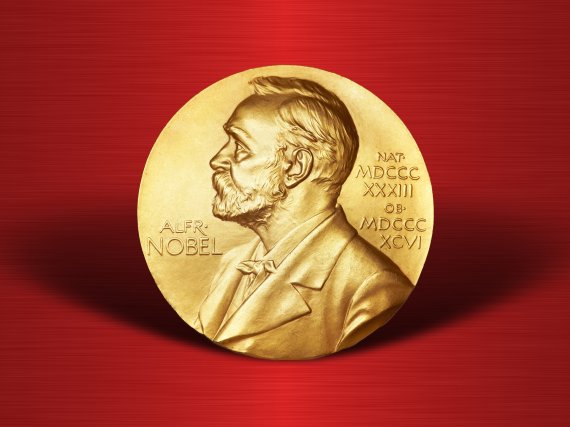This year, the Nobel Prize in Economics was awarded to three economists for their research into the fight against poverty. They received the award for their small-scale experimental research into poverty. Erwin Bulte, professor of Development Economics, is pleased with the award. ‘Much of our work was inspired directly by their approach.’
Was the award of the Nobel Prize appropriate?
‘Yes, I do think so. Esther Duflo, Abhijit Banerjee and Michael Kremer were at the source of the experimental revolution that has really changed economic science: much more focused on empiricism and evidence-driven research, and less so on non-committal mathematics, theory and various dubious assumptions.’
What kind of research do they carry out; could you give us an example?
‘These researchers are known for applying what we call randomised control trials. Part of a population receives a certain treatment, while the remainder forms the control group. By randomly allocating support, we can accurately determine the impact of the intervention. Michael Kremer, for example, has carried out research into the effects of worming pills on the intestines of children in developing countries. The children of some schools received free pills, and the researchers then studied the effects on such aspects as absence due to illness and school grades. In this way, Duflo and Banerjee have investigated a wide range of topics, including education, healthcare, entrepreneurship and microfinancing.’
What does this type of research yield?
‘It shows us what works and what doesn’t and enables us to set priorities in international cooperation. Their research determines the cost-effectiveness of different types of interventions. The money can then be invested in projects with the highest social returns.’
‘However, this type of research also has a drawback. It has become very popular, and all kinds of aspects are now being randomised around the world to achieve better causal identification of effects. But this also means that a lot of energy goes towards small-scale experiments, which, in my opinion, is at the expense of research into larger and important questions that are much more difficult to answer. Of course it is important to know whether children’s school performance is best improved through free lunches, free school uniforms, worming pills or extra books, but ultimately, the macro-economic development depends on trade policy and monetary policy, and those are much more difficult to randomise.’
You are also involved in small-scale development experiments yourself; do you feel close to the Nobel Prize laureates?
‘Certainly; in the Development Economics group, we are very pleased with this Nobel prize for Duflo, Banerjee and Kremer. Much of our work was directly inspired by their approach. In a sizable article on the chair group in Vice Versa, a journal on international cooperation, we were called “The Dutch Duflo group” – I believe that says enough.’

 Photo: Shutterstock
Photo: Shutterstock